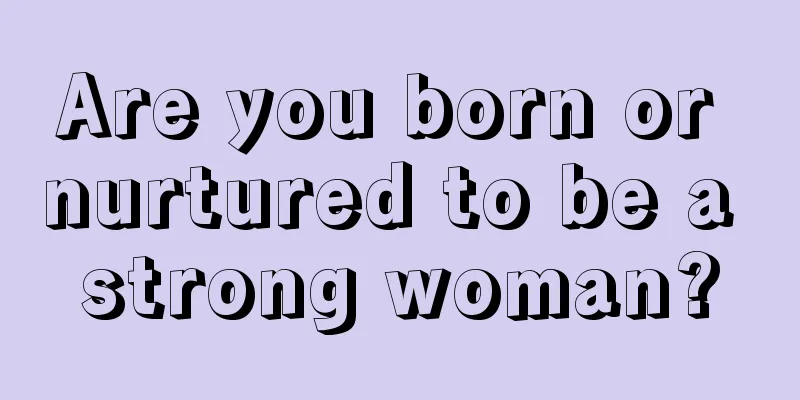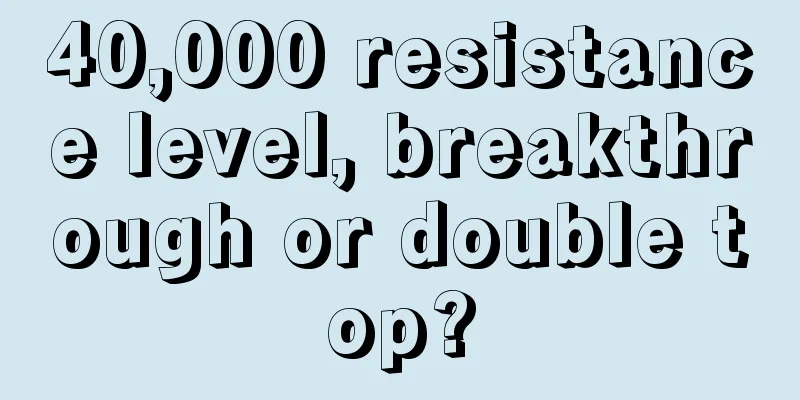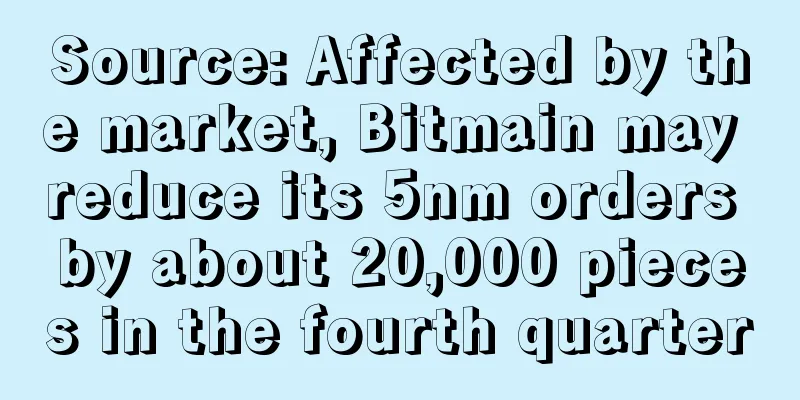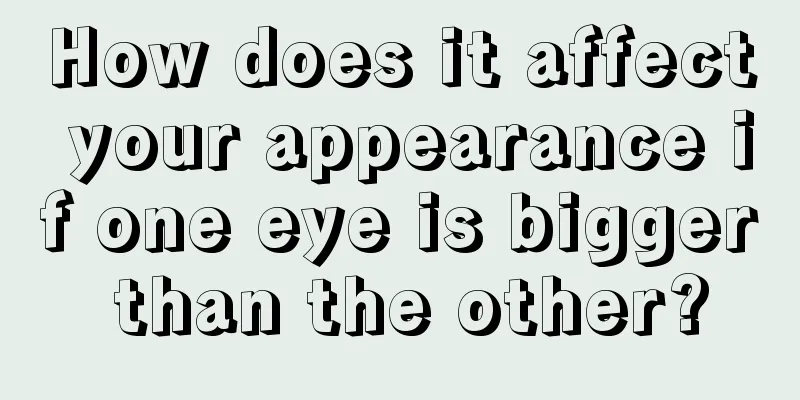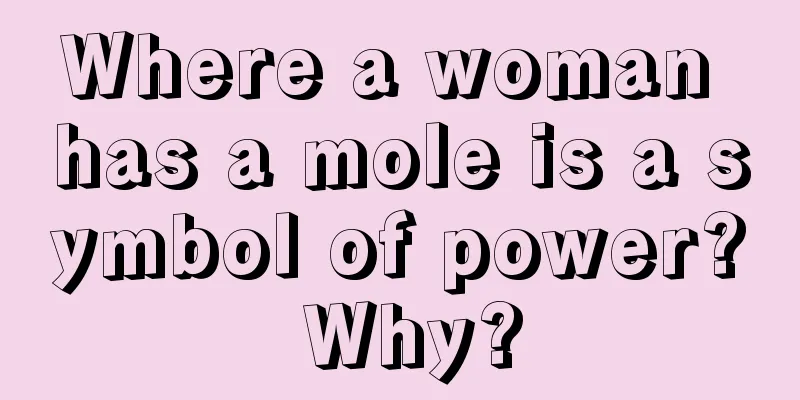Industries impacted by blockchain technology
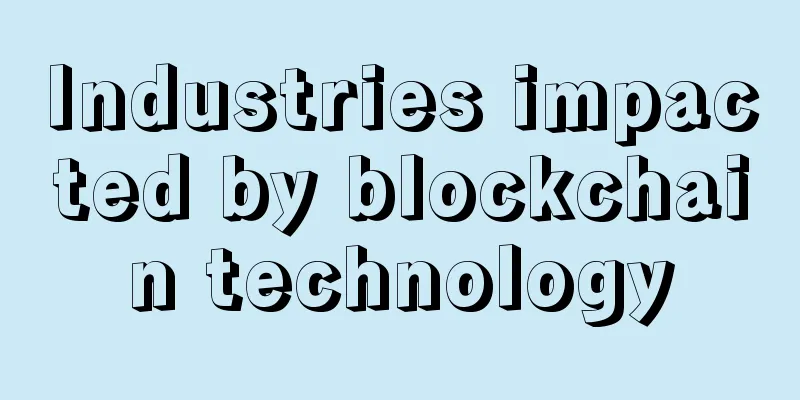
|
In this issue, the editor will finally introduce several important industries in life that are affected by blockchain technology. 1. Stock Trading For years, companies have been working to make the process of buying, selling, and trading stocks easier. Emerging blockchain startups believe that blockchain technology can make the process more secure, automated, and more efficient than any previous solution. Overstock's subsidiary T?.com wants to use blockchain technology to network stock trading. Wired magazine reports that Overstock has already used blockchain to issue private bonds, but now the SEC has approved T?.com to issue public bonds. Meanwhile, blockchain startup Chain is working with Nasdaq to enable private company equity trading through blockchain. 2. Real Estate The pain points of buying and selling property include: lack of transparency during and after the transaction, large amounts of paperwork, potential fraud, errors in public records, and so on, to name a few. Blockchain provides a way to achieve the need for paperless and fast transactions. Real estate blockchain applications can help record, trace and transfer title deeds, house deeds, liens, etc., and also provide a platform for financial companies, title companies and mortgage companies. Blockchain technology is committed to the safe preservation of documents, while increasing transparency and reducing costs. The company's beta version will be launched in the summer of 2016. 3. Insurance Companies like AirBnB, Tujia, Wimdu, etc. provide people with a way to temporarily exchange assets - including private homes - to generate value. The problem is that it is almost impossible for people to insure their assets on these platforms. Together with blockchain startup Stratumn, professional services firm Deloitte and payment service provider Lemonway have just released a blockchain-based solution called "LenderBot". It is a micro-insurance concept product designed for the sharing economy and confirms the potential of blockchain applications and services in the insurance industry. LenderBot allows people to sign up for personalized micro-insurance products and communicate through Facebook Messenger. Its goal is to insure high-value items exchanged between individuals, and the blockchain plays the role of a third party in the loan contract. 4. Medical Healthcare organizations have long suffered from the inability to securely share data across platforms. Better data collaboration between data providers means more accurate diagnoses, more effective treatments, and an overall improvement in the healthcare system’s ability to provide cost-effective care. Blockchain technology can allow hospitals, patients, and all parties in the healthcare stakeholder chain to share data in a blockchain network without having to worry about the security and integrity of the data. Startup Gem has launched the Gem Health Network, which provides an Ethereum platform that implements multi-signature and multi-factor authentication technology to create a secure and universal data structure. Tierion is another blockchain startup that has built a platform for medical data storage and verification. Recently, both Gem and Tierion have collaborated with Philips Healthcare on the Philips Blockchain Lab. 5. Supply Chain Management One of the most universally applicable aspects of blockchain technology is that it makes transactions more secure and supervision more transparent. In simple terms, the supply chain is a series of transaction nodes that connect the entire process of a product from the supply end to the sales end or terminal. From production to sales, products go through multiple links in the supply chain. With blockchain technology, transactions will be permanently and decentralized. This reduces time delays, costs and human errors. Many blockchain startups have flocked to this field: Provenance is building a traceability system for raw materials and products, Fluent provides a global supply chain lending platform, and Skuchain has created some blockchain-based products for B2B transactions and supply chain finance markets. When talking about blockchain technology, we cannot ignore its first great application - digital assets. Earlier digital assets such as Bitcoin and Litecoin have been widely recognized by countries around the world for their own advantages. In the application of blockchain technology in China, peer points are based on the digital points system of the mobile Internet ecological blockchain. Through the effective introduction of smart contracts, the market value is orderly constructed, the demand for offline merchants to attract traffic is realized , and a new value exchange and fair traffic realization channel between point players and merchants is created. It is another effective exploration, experiment and application in the global wave of commercialization of blockchain digital currency technology. |
<<: Singapore’s central bank proposes new regulations for Bitcoin startups
>>: Standing at the forefront of crowdfunding: A half-year review of coin crowdfunding platforms
Recommend
The war for talent continues to escalate! Crypto companies are offering hundreds of positions to compete for top talent
Booming cryptocurrency companies are struggling t...
The marriage will be rough and unsmooth throughout life. People with these facial features are destined to have a hard time getting old.
Men with messy eyebrows have a rough marriage. If...
How is the 2021 Bitcoin Price High Different from 2017?
Original author: Blockchain Robin Preface Almost ...
Fortune telling by bone weighing: what is your fortune on the fourth day of the third month of the Jiazi year?
There are many methods of fortune-telling, and bo...
Revealing the secrets of women's faces
A woman's different personality can be seen f...
Do you know the secrets of these palm lines?
I guess everyone is familiar with the word "p...
Face analysis: Is it good to have a small forehead? What is the fate of a person with a narrow forehead?
People with narrow foreheads are picky in dealing...
What does a mole on the sole of the foot represent?
Moles on the soles of feet indicate a rich and pr...
Girls with long career lines on their right hand are very successful in their careers
Now is an era of open-mindedness. The era when wo...
The eighth episode of "Mining News": Evolution and transformation of mining companies
March 12, 20:00 The eighth issue of "Mining ...
Find the best match by eyebrow shape
Sword-shaped eyebrows refer to eyebrows that are ...
What kind of palmistry will a woman have money?
Palmistry has been popular in my country for a lo...
Is it good for a man to have a knotty nose? His fate is likely to be more volatile.
Different faces actually have different fortunes....
Palmistry Love Lines to See Emotions
Palmistry Love Lines to See Emotions 1. The love ...
What kind of eyebrows represent good fortune?
People with short and wide eyebrows have bad luck...

